And according to experts from the International Journalists Network (IJNET) and the Poynter Institute for Journalism, here are ways to help new journalists work more effectively and creatively, so they are more likely to stand out and love their work.
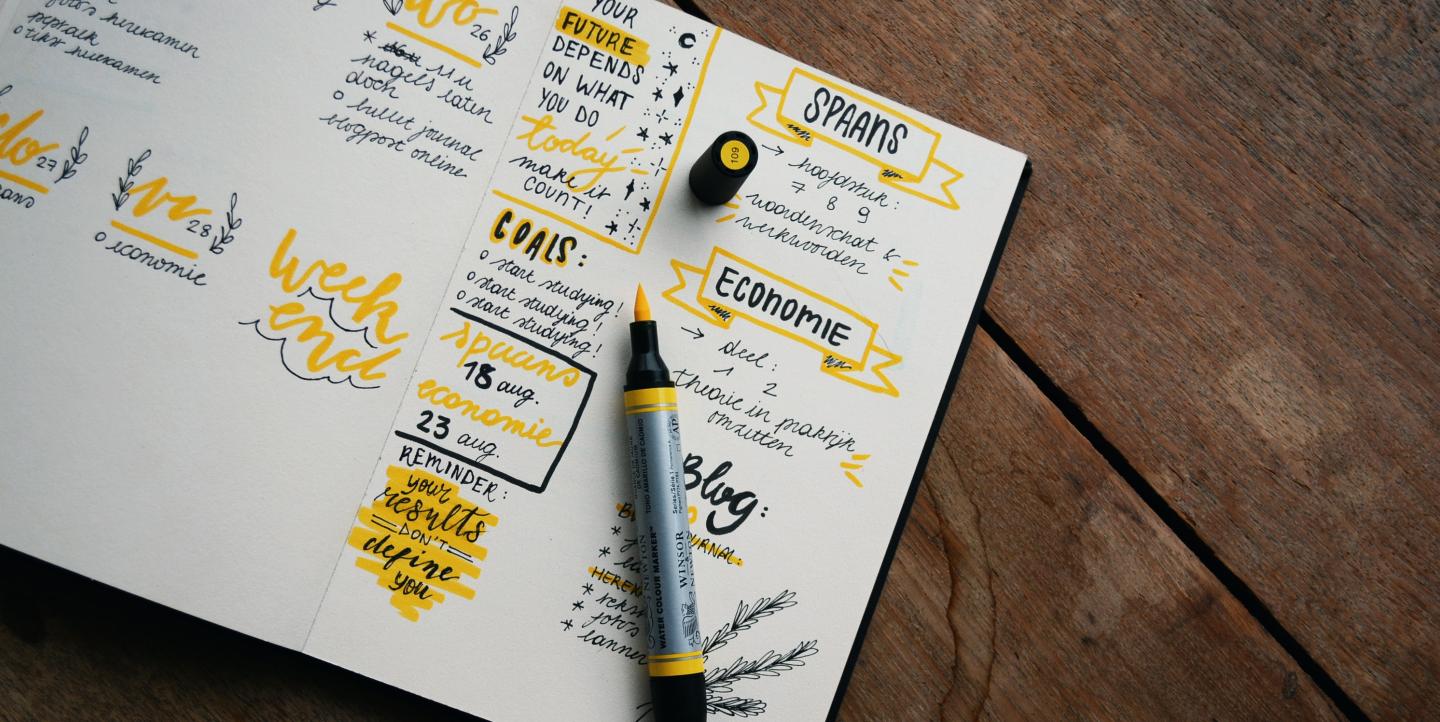
Photo: IJN
Treat you like a story
Journalists are storytellers. When it comes to telling the story of your professional andeducational life, treat it like any other piece of writing.
Dore recommends that young people start their resume with information that they want to highlight, like the opening line in a story. This could be a previous internship related to the job they are applying for or a recent course.
She also says a resume should be as clear and compelling as a paper to show potential employers that you can write. “Writing skills are something we’re putting a lot of emphasis on,” Dore says.
Write a wish list
To be a reporter or writer, you need inspiration. Make a list of your favorite journalists and stories.
Cyndi Zaweski, a former television reporter and news anchor for NBC and CBS, says to take note of what you like about those articles or stories, such as word choice, style, and structure, and try to practice that in your writing.
Show interest
Dore says entry-level candidates should show interest in the job they're interviewing for.
First, you need to know the newspaper you are applying to. Prepare questions for the interviewer. Read some of the stories the newspaper has published. Be willing to take responsibility for your work.
“But that doesn’t mean you should work overtime. Don’t work through your lunch hour. Take advantage of all those breaks because they refresh you and you come back and do better,” Dore suggests.
Also, reach out to journalists you respect and might want to work with someday. “The people who have helped me the most are the people I admire the most in journalism,” says Amanda Reed, a journalist at Popular Science. “It’s a tough business, and we can only benefit from helping each other.”
Don't multitask
Journalists are often forced to divide their attention between tasks. But multitasking can decrease productivity and increase anxiety.
Joyce Marter, an author, national speaker and licensed psychotherapist in Cape Coral, Florida, says working on too many topics at once can cause professionals to make mistakes and spend more time correcting them.
This habit can also create cognitive overload in our brains, leading to anxiety and frustration, says Oshin Vartanian, a psychology professor at the University of Toronto.
A study he published last fall found that people who multitasked tended to show more signs of anxiety and frustration after the task was over than those who did just one thing.
Marter suggests journalists establish daily routines, like planning their mornings, checking email only at specific times and turning off phone notifications while writing a story “so your brain isn’t distracted by other thoughts.”
She also recommends knowing your limits and setting boundaries with work, such as not checking text messages or emails after a certain time. “If you don’t take care of yourself, even if you’re the best journalist in the world , you’re not going to be able to perform well,” she said.
Have a life
Journalists cannot do their jobs well in isolation. In order to come up with story ideas, develop a critical eye, and write about a variety of world issues, they need hobbies and a social life, including friendships and romantic relationships.
Rachel Fobar, a journalist for National Geographic, says that intimate conversations can be a great source of story ideas. “I try to keep my journalistic mind active even when I’m talking to my friends and family,” she says.
Focus on the present
You don't know what your next job will be, whether you'll love it, whether people will treat you well, or how many stories you'll publish.
Uncertainty can cause anxiety, and to overcome it, focus on the present moment “rather than second-guessing the past or worrying about the uncertainty of the future.”
Vartanian also recommends focusing on what you can do now. As a journalist, you can decide what topics you want to cover, create a strategy for covering them, build relationships, and develop your skills.
Reed decided to learn the basics of social media management, search engine optimization, and WordPress. “You don’t have to be a guru,” she says. But being open to learning new skills is always good.
Make a habit of absorbing information
Decide which publications you want to read every day and how much time you will spend on each.
Depending on your work and interests, you will want to focus on different topics and different publications. Try to maintain this regimen so that it becomes a habit.
Don't talk, just listen.
Dore says it took her a long time to learn that she could get better quotes by just listening to the people she interviewed.
Ask a few questions first, then be quiet. “If you're quiet, you'll get a lot more out of the other person,” Dore advises.
Hoang Ton (according to IJN)



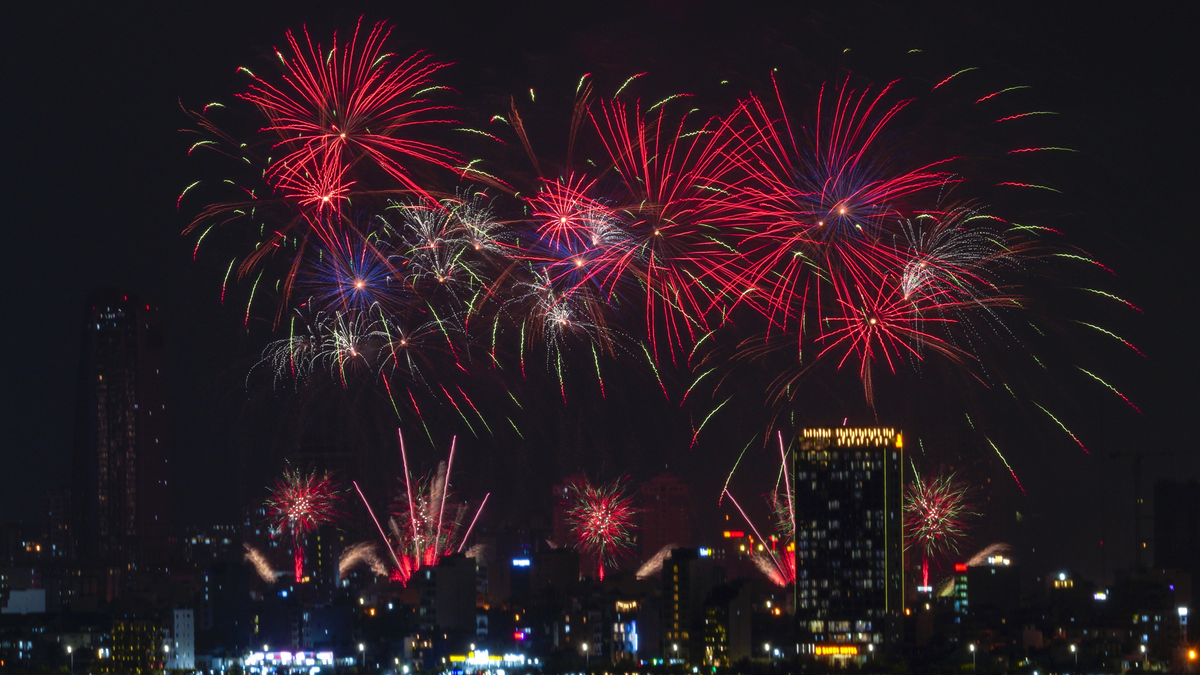



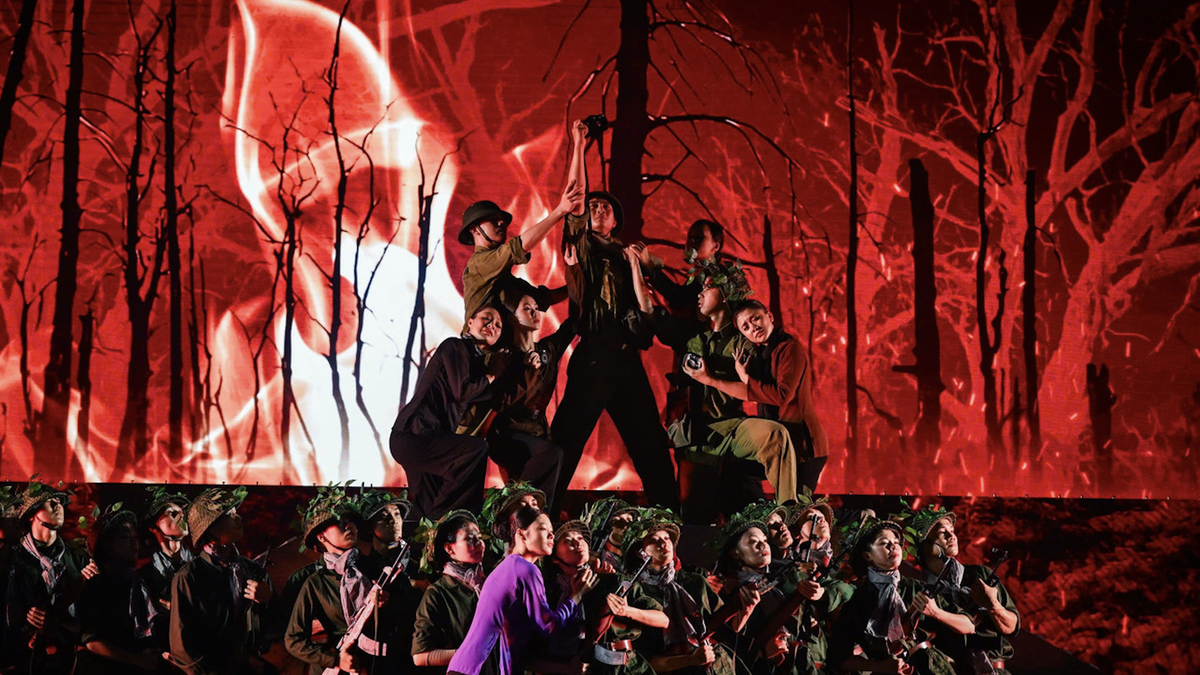
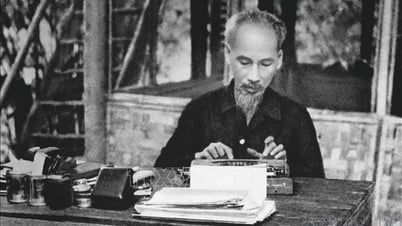




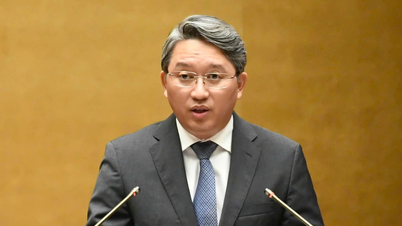
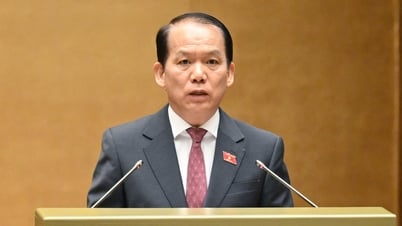

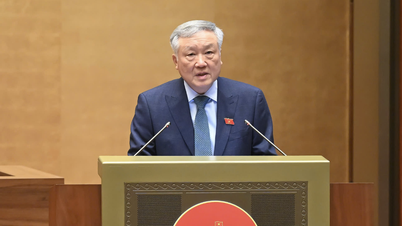




















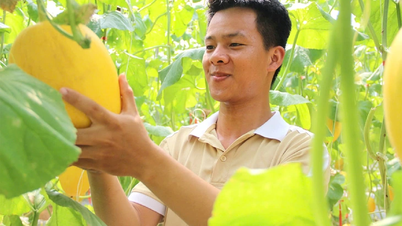













![[Maritime News] Wan Hai Lines invests $150 million to buy 48,000 containers](https://vphoto.vietnam.vn/thumb/402x226/vietnam/resource/IMAGE/2025/6/20/c945a62aff624b4bb5c25e67e9bcc1cb)

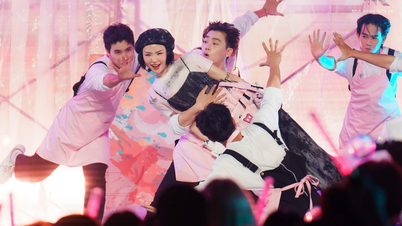
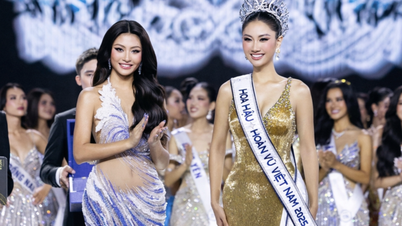





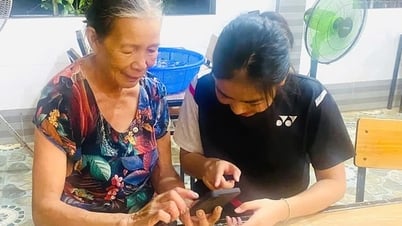




![[Infographic] Party Committee of the Ministry of Culture, Sports and Tourism: Marks of the 2020 - 2025 term](https://vphoto.vietnam.vn/thumb/402x226/vietnam/resource/IMAGE/2025/6/22/058c9f95a9a54fcab13153cddc34435e)
























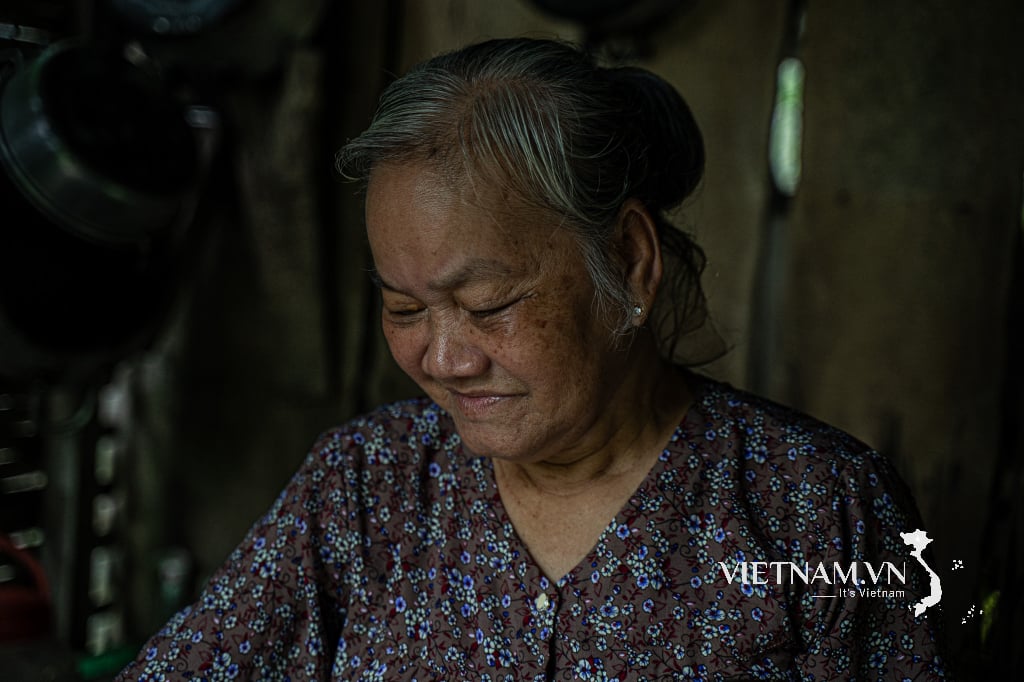
Comment (0)